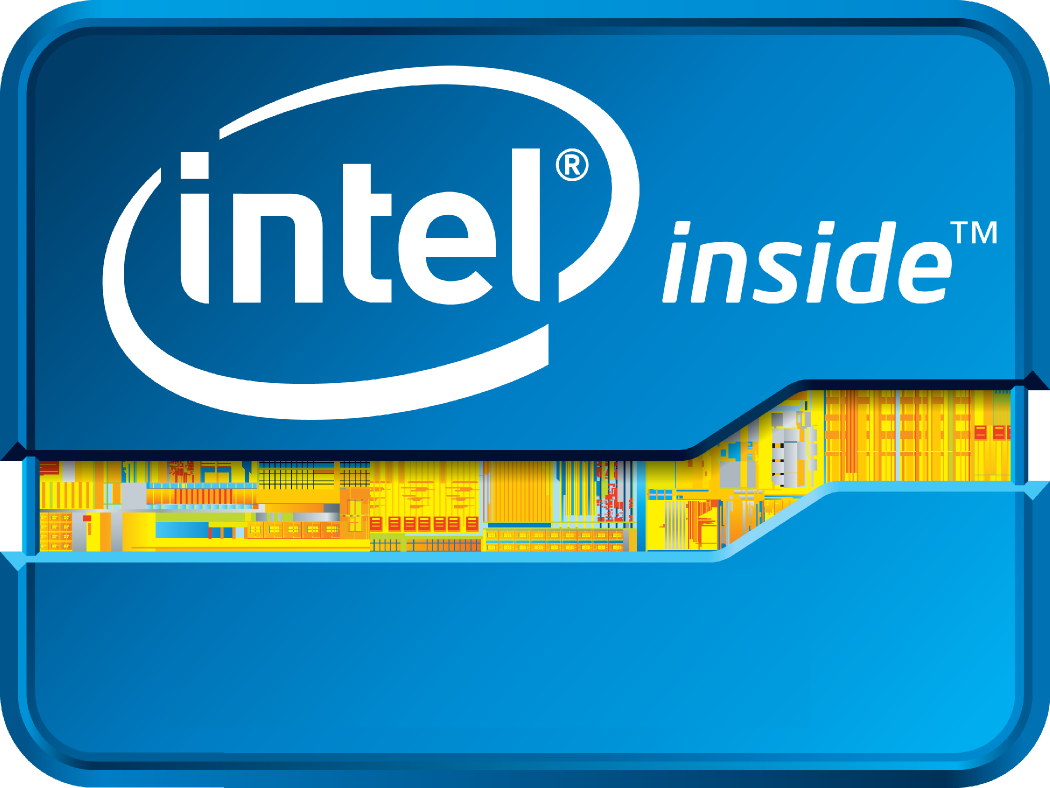Intel chip demand slows as income falls
But interest in cloud services improves as revenue remains flat

Demand for Intel chips dropped dramatically in its latest quarter, after its net income fell six per cent year-on-year to $3.11 billion.
Net revenue for the three months ending September remained steady in for the chipmaker, raking in $14.5 billion compared to $14.6 billion in the same period of 2014.
But income from its client computing services including chips in PCs, laptops and tablets - fell 20 per cent from $3.05 billion recorded last year to $2.4 billion this year.
Revenue also decreased 7.5 per cent to $8.5 billion compared to the same period in 2014, with notebook chip sales dropping 14 per cent and desktop chips falling 15 per cent.
The most dramatic plunge was in tablet chips, with the company selling just eight million, 39 per cent down on sales one year ago.
However, the tech giant's Data Center Group, covering servers, network and storage for cloud and on-premise, grew eight per cent to $4 billion revenue.
CEO Brian Krzanich said in a statement: "We executed well in the third quarter and delivered solid results in a challenging economic environment.
Get the ITPro daily newsletter
Sign up today and you will receive a free copy of our Future Focus 2025 report - the leading guidance on AI, cybersecurity and other IT challenges as per 700+ senior executives
"The quarter demonstrates Intel innovation in action. Customers are excited about our new 6th Gen Intel Core processor, and we introduced our breakthrough 3D XPoint technology, the industry's first new memory category in more than two decades."
Its Internet of Things Group recorded revenue of $581 million, up 10 percent year-over-year, but nevertheless, Intel predicted little or no growth for the upcoming fourth quarter of 2015.
It believes revenue will come in at $14.8 billion, giving itself $500 million either side of that.
That sum does not take into account any impact of acquisitions, with the firm's takeover of rival chipmaker Altera expected to be approved by the EU shortly.
-
 Cleo attack victim list grows as Hertz confirms customer data stolen
Cleo attack victim list grows as Hertz confirms customer data stolenNews Hertz has confirmed it suffered a data breach as a result of the Cleo zero-day vulnerability in late 2024, with the car rental giant warning that customer data was stolen.
By Ross Kelly
-
 Lateral moves in tech: Why leaders should support employee mobility
Lateral moves in tech: Why leaders should support employee mobilityIn-depth Encouraging staff to switch roles can have long-term benefits for skills in the tech sector
By Keri Allan